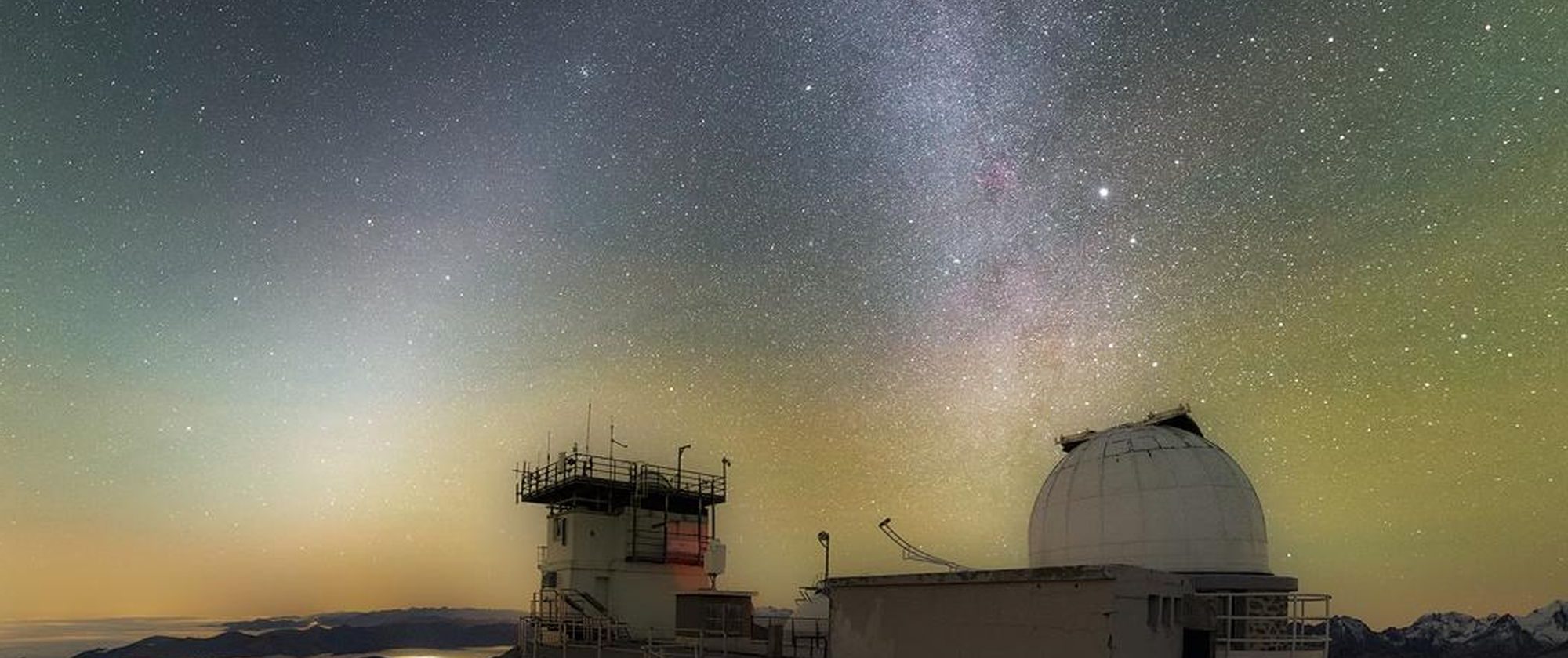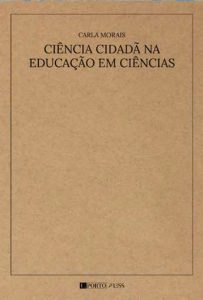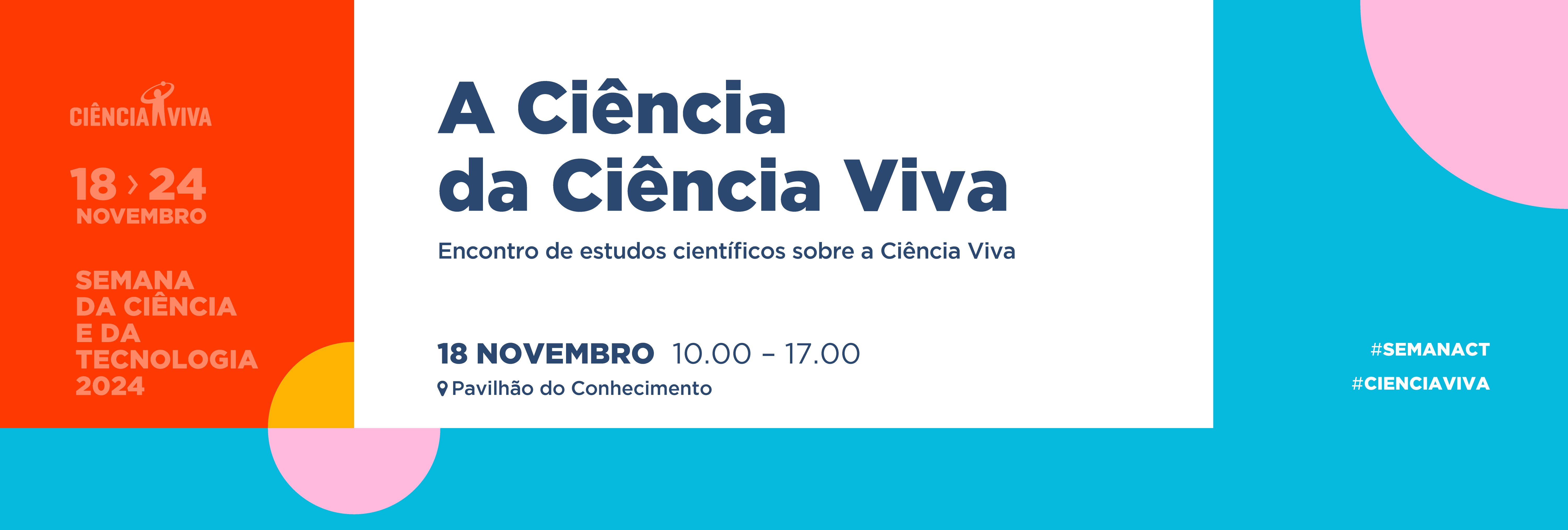 In 2025, the“Con(s)ciência – um condomínio científico“ chose the municipality of Murtosa for its intervention: the municipality “between the lagoon and the sea,” with over 82% of its territory included in the Ria de Aveiro special protection zone.
In 2025, the“Con(s)ciência – um condomínio científico“ chose the municipality of Murtosa for its intervention: the municipality “between the lagoon and the sea,” with over 82% of its territory included in the Ria de Aveiro special protection zone.
In this municipality, the main goal was to reach audiences distanced from science (not just astronomy, but using it as a gateway science to learn about other scientific fields), not by choice, but because they had no opportunity to engage with it (and therefore do not truly know it).
This initiative, which began in 2023 in the municipalities of Boticas and Ribeira de Pena, resulted from the analysis of various indicators that allowed us to identify the Portuguese municipalities (pp. 99 to 103) with the lowest spontaneous engagement with astronomy.




 On May 10th, CoAstro put in a day’s work… and what a journey it was!
On May 10th, CoAstro put in a day’s work… and what a journey it was! On March 25th, between 6:00 PM and 9:00 PM, CoAstro was… raffled off!
On March 25th, between 6:00 PM and 9:00 PM, CoAstro was… raffled off! In 2025, CoAstro turns out into a book section in the “
In 2025, CoAstro turns out into a book section in the “
 On 10 May 2024, at 10:00 a.m., CoAstro was present at “Painel de Comunicações 7 –
On 10 May 2024, at 10:00 a.m., CoAstro was present at “Painel de Comunicações 7 – 